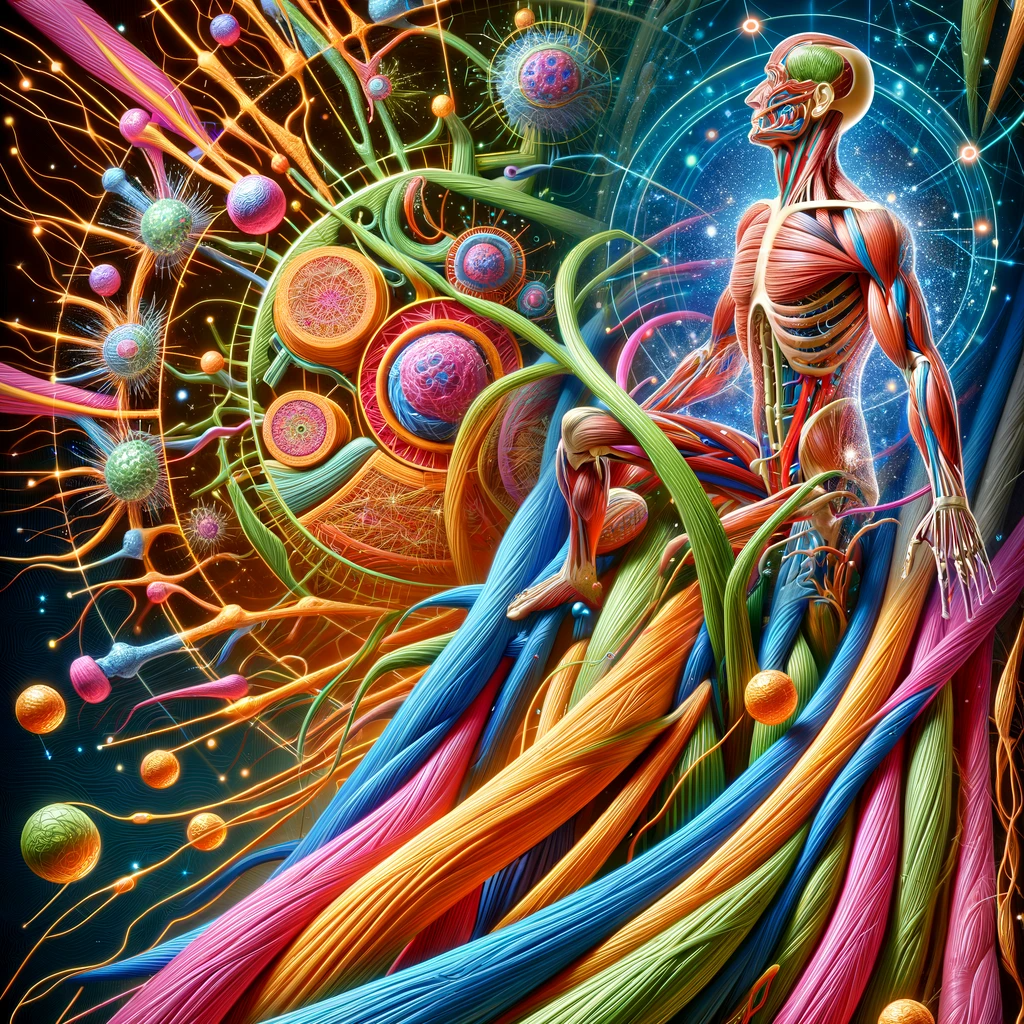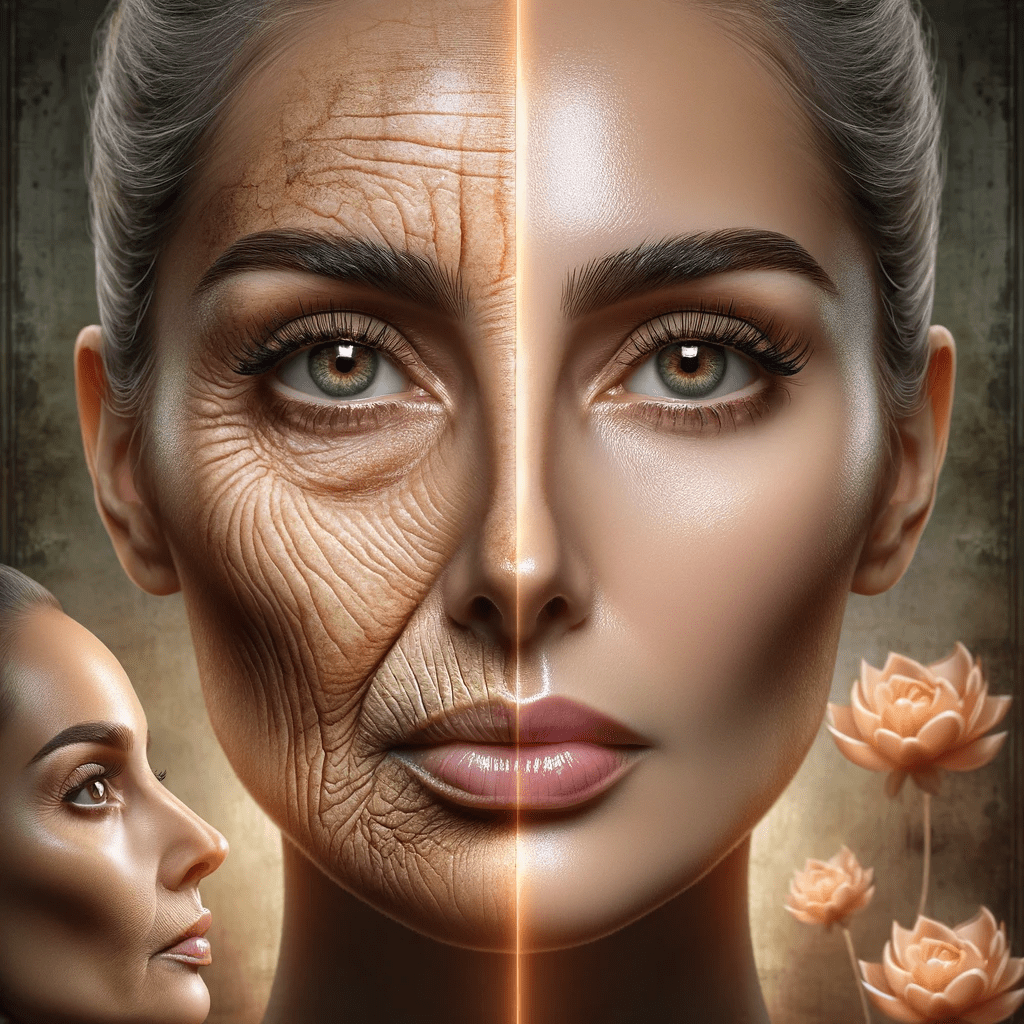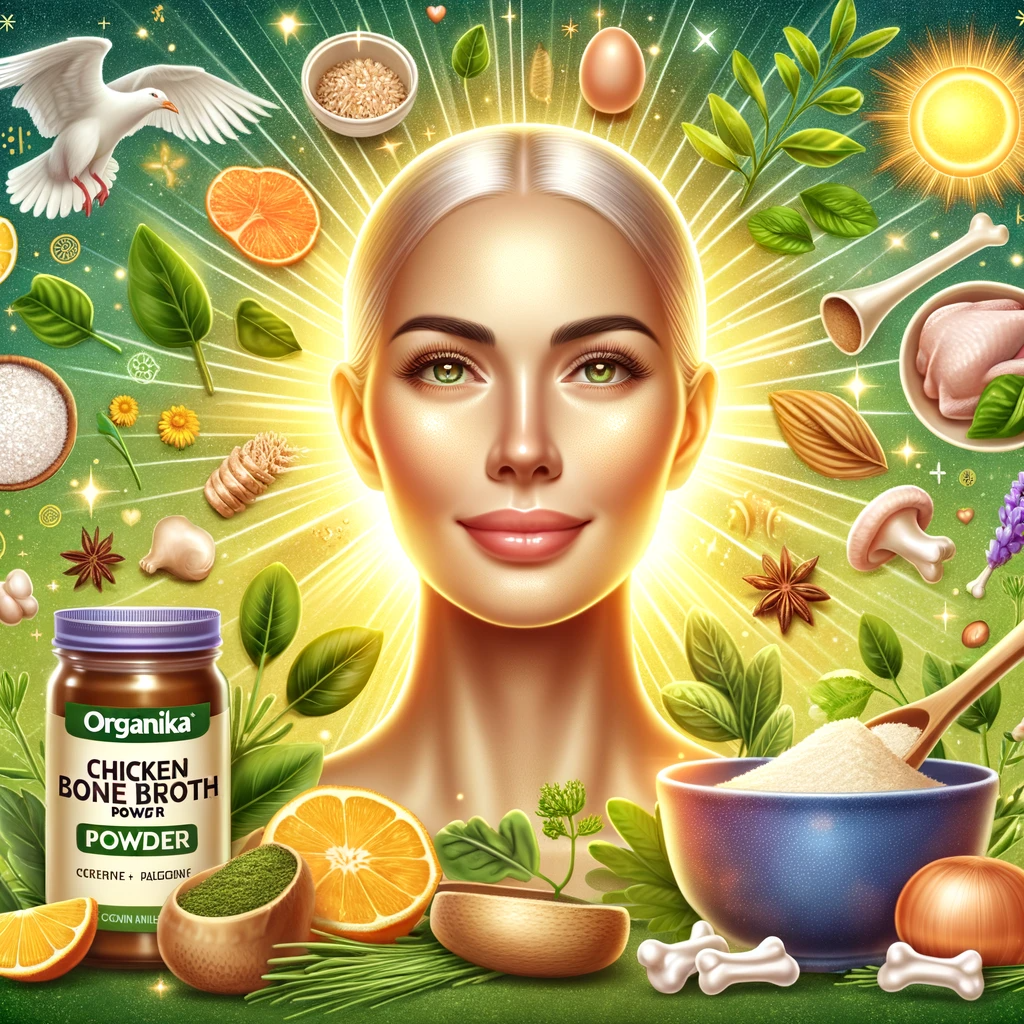Definition
Collagen, a protein abundantly found in the human body, plays a vital structural role. It provides elasticity and strength to various tissues and skin.
Expanded Explanation
Collagen is vital to the body’s connective tissues, such as skin, bones, tendons, ligaments, and cartilage. It is crucial in maintaining skin elasticity, bone strength, and joint flexibility. The body naturally produces collagen, but its production declines with age, leading to wrinkles, sagging skin, and weaker joints.
Collagen in Skincare
Collagen is a protein commonly found in skincare products because it enhances skin elasticity and reduces wrinkles. Topical application of collagen can improve skin hydration and texture. Additionally, some people take collagen supplements to support skin health and overall well-being.
Types of Collagen
There are at least 28 types of collagen, but types I, II, and III are the most prevalent in the human body. Type I is mainly found in skin, bones, and tendons, while type II is essential for cartilage, and type III supports skin elasticity.
Examples
Example 1: Using creams infused with collagen can effectively improve skin hydration and diminish the visibility of fine lines.
Example 2: Consuming bone broth provides collagen, which supports healthy skin, bones, and joints.
Related Terms
Elastin: The article describes elastin as a protein that imparts elasticity to the skin, enabling it to return to its original shape after stretching. It collaborates with collagen and other proteins to maintain skin integrity and youthful appearance. The piece also highlights the decline in elastin production with age, leading to wrinkles and sagging skin. Additionally, it explores methods to stimulate elastin production, aiming to enhance skin elasticity and appearance.
Vitamin C: Vitamin C is a crucial nutrient that acts as a potent antioxidant, which helps neutralize free radicals. It also protects the skin from harmful environmental factors that can cause damage. Additionally, it plays a vital role in stimulating collagen production, resulting in brighter skin and reduced hyperpigmentation. Because of these benefits, Vitamin C is a popular ingredient in many skincare products.
Visual and Product Aids
External Resources
Skin Anti-Aging: A systematic review and meta-analysis involving 26 randomized controlled trials examined the effects of hydrolyzed collagen supplements on skin hydration and elasticity. The study confirmed significant improvements in these areas, indicating the potential of oral collagen supplements in combating skin aging.
Knee Osteoarthritis: A study compared exercise therapy and non-hydrolyzed collagen (UC-II) in improving functionality and quality of life in women with knee osteoarthritis. It found that exercise and UC-II have beneficial effects, with exercise being superior in enhancing quality of life.
Related Articles From Sunnydaysgo.com
How to Choose the Right Antioxidant Serum for Your Skin Type: The article guides readers in selecting the most suitable antioxidant serum for their skin. It emphasizes understanding one’s skin type—dry, oily, combination, sensitive, or regular—and the unique benefits of antioxidant serums. Additionally, the article highlights the significance of ingredients such as Vitamin C, which promotes collagen production. It also provides suggestions for integrating the serum into a skincare regimen.
7 Antioxidant Foods For Glowing Skin: The post outlines seven foods rich in antioxidants that benefit skin health. It details how these foods, including berries, spinach, and avocados, contribute to the skin’s glow by fighting free radicals and promoting collagen production. Each food is described with its specific benefits for the skin, making it a practical guide for those looking to enhance their skin health through diet.


